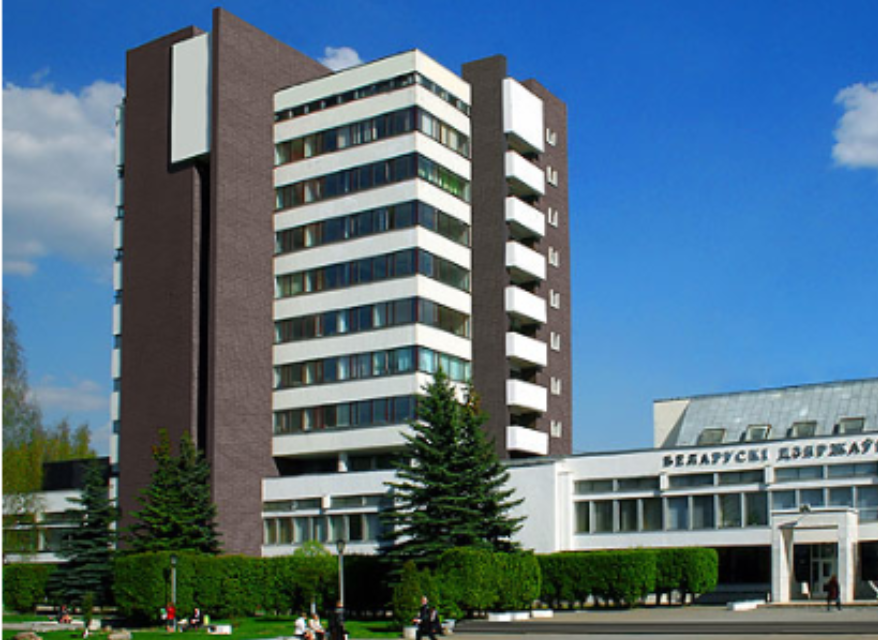Belarusian State Medical University
About Minsk City
Minsk is the capital and largest city in Belarus, situated on the Svislach and Niamiha rivers. Minsk is also a headquarters of the Commonwealth of Independent States. As the national capital, Minsk has a special administrative status in Belarus; it is also the administrative centre of Minsk Region and Minsk raion. It has a population of 1,836,808 inhabitants. The earliest historic references to Minsk date to the 11th century, when it was noted as a provincial city within the principality of Polotsk.
Introduction
The Belarusian State Medical University (BSMU) is a university in Minsk, Belarus. It specialises in Medicine and Dentistry. In 1921 it became affiliated Medicine Department of the Belarusian State University. In 1930 it became a separate as Belarusian Medical Institute. In 2000 it was upgraded to university level with 6 departments.
The Belarusian State Medical University is situated in the capital of the Republic of Belarus – in Minsk. Minsk is one of the ancient cities, it was founded in 1067. It is a city with great historical and cultural past. Minsk is the main cultural and industrial center and one of the most beautiful cities in Belarus. Architectural ensembles of its avenues and squares, ideal cleanness of its streets, luxuriant greenery of its gardens and parks stretching on the banks of the Svisloch and its tributaries and historical monuments, old districts and recently built new blocks of building give the city inimitable charm and color.
The Belarusian State Medical University is the oldest and biggest educational establishment in Republic of Belarus Its glorious history began in 1921 when Belarusian State University with the Faculty of Medicine as a part of it was founded. However, as an independent educational entity the Belarusian State Medical University has been functioning since 1930.
Education Base
The Belarusian State Medical University is the largest constantly developing higher school in the Republic of Belarus. Now a days the University comprises 18 scientific research laboratories and 61 chairs, about 5000 students there. Teaching and research work is carried out by more than 700 Professors and Lecturers and about 101 research workers. Wounderful traditions and great scientific school have been formed at the University. Material and Technical basis of the University is constantly growing, facilities for studies and fruitful scientific work are becoming better . Practical studies are held, at the best hospitals which gives the opportunity to introduce the most advanced teaching Medicine, Military Medicine, Faculty for Foreign Students with Preparatory department and Faculty of Postgraduate Study.
A Tutorial staff of 245 professionals, including 25 specialists with Doctor of Science and 134 with Ph.D (Medicine) degree are involved in training and research activities at the faculty of General Medicine. The student population numbers 2500. Currently the Faculty trains students mainly in the adult population disease treatment and prophylaxis. For the time being the Faculty has released about 28,000 medical specialists many of them are the acknowledged leaders in their special field including Professors EV.Barkovsky, BA. Slouka, NF.Soroka, GP.Rychagov, SI.Tretyak and others. After a compulsory one year intern course they are granted the Certificates officially allowing them to start medical practice. They may also choose further specialization in Gastroenterology, Cardiology, Traumatology, Urology etc., and undergo a special training course in the corre-sponding field. To improve the quality of teaching educative industrial pharmacy, dental clinic, and control analytic laboratory were created where students are able to put the accepted knowledge into practice.
Clinical Base
The BSMU provides education to young people from a number of developing countries, thus contribution to the development of the financial and technical base of the University, and the Republic of Belarus in general. The work of the Medical Faculty for International Students is important both from the international aspect and political as well. The development of contacts, attracting new countries the citizens of which would like to study at our University help improve international relations.
Overseas students are encouraged to get training at the Preparatory Department. Our experience has proved that after a good training at the Preparatory Department the students make a much better progress in the study at the University. The Medical Faculty of International students, the department of International Relations and the Department of Post graduate training have been actively working at recruiting foreigners to get quality training at the clinical residency and the Department of Post graduate training. Our University possesses a great scientific and clinical potential to provide such training.’

